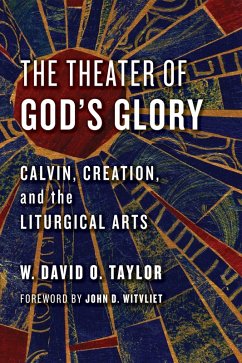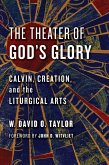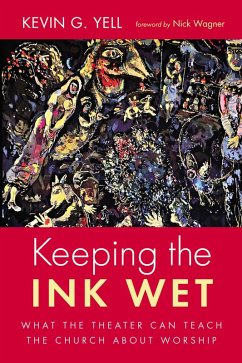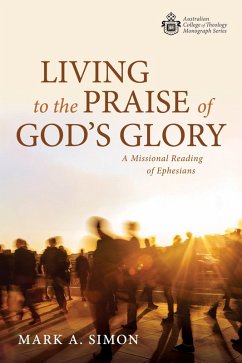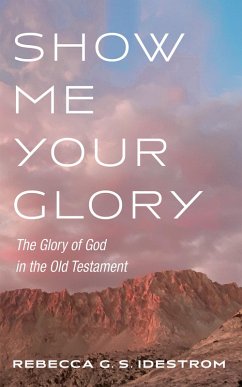A theological framework for the liturgical arts rooted in John Calvin Both detractors and supporters of John Calvin have deemed him an enemy of the physical body, a pessimist toward creation, and a negative influence on the liturgical arts. But, says W. David O. Taylor, that only tells half of the story. Taylor examines Calvin's trinitarian theology as it intersects his doctrine of the physical creation in order to argue for a positive theological account of the liturgical arts. He does so believing that Calvin's theology can serve, perhaps surprisingly, as a rich resource for understanding the theological purposes of the arts in corporate worship. Drawing on Calvin's Institutes, biblical commentaries, sermons, catechisms, treatises, and worship orders, this book represents one of the most thorough investigations available of John Calvin's theology of the physical creation-and the promising possibilities it opens up for the formative role of the arts in worship.
Bitte wählen Sie Ihr Anliegen aus.
Rechnungen
Retourenschein anfordern
Bestellstatus
Storno

